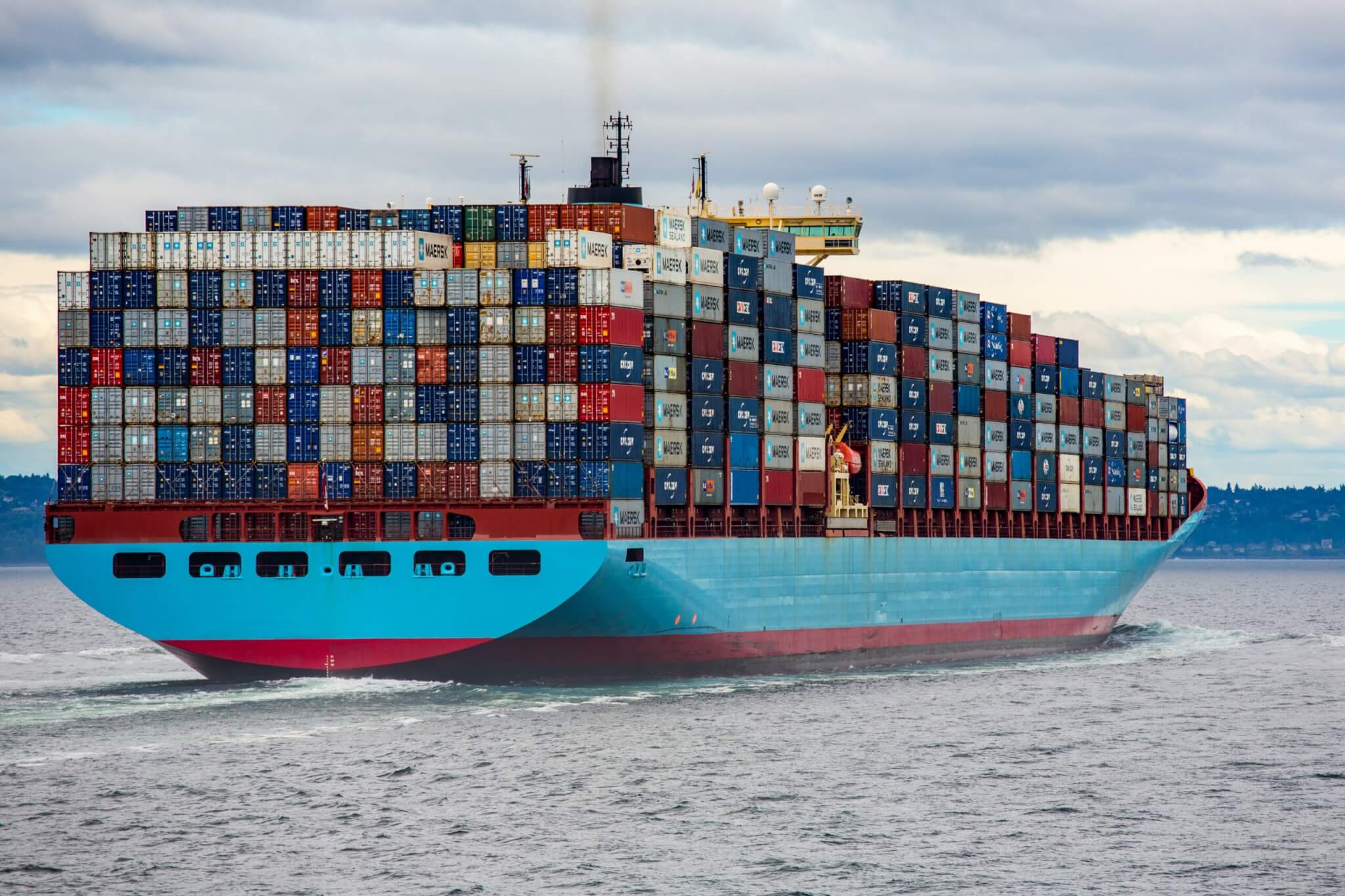Madrid Call for Action Issued, Urges Immediate Action to Reduce Key Climate Pollutants
A global network of experts issues declaration urging immediate action to reduce key pollutants
Asking All Gov’ts to Include Super Pollutant Cuts in their Paris Agreement Pledges
Madrid, Spain – Super pollutant advocates from more than 35 leading scientific and environmental organizations today called on governments to take immediate, vigorous action to reduce super pollutant emissions. The group collectively signed the “The Madrid Call for Fast Action on Super Pollutants” an appeal to draw attention to the urgent need for cutting emissions of super pollutants, including methane, fluorocarbons, and black carbon. Taking fast action on super pollutants is absolutely necessary to reduce global temperature increases in the immediate future, and to curb the increasingly devastating health impacts of climate change among the most vulnerable in our society.
In particular, the signatories call on governments to devise super pollutant Fast Action Plans and include them in their revised Nationally Determined Contributions (NDCs), which should be submitted by the time of COP 26 in November 2020.
Super pollutants are exponentially more powerful than CO2, yet they remain in the atmosphere for a shorter period of time—meaning that action we take to limit super pollutants today can have substantial benefits in the near term. Limiting these powerful gases would slow down the rate of warming and reduce the risk of triggering dangerous climate tipping points—impacts that cannot be undone, such as runaway melting of polar ice in the immediate future. Super pollutants also cause air pollution, and some have been linked to serious health problems, including asthma, heart and lung diseases, cancer, and developmental disabilities in children. Swift action now will prevent more than 2 million premature deaths annually, promote sustainable development, and save billions of dollars in environmental damages on the path to climate stabilization. It will also ensure food security by preventing up to 135 million tons of crop losses annually.
“Slashing super pollutants is complementary to cutting CO2, and is the only way to turn down the heat on global warming in the next 20 years. It will drastically improve air quality, saving millions of lives,” remarked Drew Shindell from Duke University.
The Call for Fast Action also lays out specific opportunities to reduce super pollutants throughout the economy. These include:
1. Eliminating soot from transport and households by adopting new standards; scrapping polluting vehicles, stoves and boilers; and banning ships with heavy fuel oil in the Arctic, all while developing goals for zero-carbon transport and households.
2. Drastically reducing fugitive natural gas emissions throughout the oil and gas supply chains by stopping venting and flaring, using advanced sensing equipment to locate leaks, and implementing straightforward fixes.
3. Fully implementing and enforcing the phasedown of hydrofluorocarbons (HFCs) under the Kigali Amendment to the Montreal Protocol while improving the efficiency of the appliances that use them, actively deploying the use of climate-friendly replacements for refrigerants, and tackling gases already contained in equipment through a comprehensive approach to servicing, collection, and disposal programs.
“Although many NDCs include one or two super pollutants in their overall GHG targets, only 11 have super pollutant-specific targets, only eight also outline policies or actions to help achieve those targets, and only one plan covers more than two super pollutants,” said Romina Picolloti from the Institute for Governance and Sustainable Development. “There’s a lot of opportunity for countries to improve by this time next year. The good news is that combating super pollutants is eminently feasible, and a fast way to limit temperature increases. The solutions are well known and tested, and implementation has started in many parts of the world. We can turn the corner on climate change starting right now, if more nations follow the recommendations in this call to action.”
The Call for Fast Action is currently open and will remain open for additional signatories until COP 26 in November, 2020. To add your name in support of fast action on super pollutants, go to https://www.climateworks.org/superpollutants-call/.
Further resources:
The Madrid Call for Fast Action on Super Pollutants
WRI’s guide to including super pollutants in NDCs
IGSD’s primer on super pollutants
The Climate and Clean Air Coalition’s list of practical actions on super pollutants
Oxfam’s assessment of how fighting super pollutants helps mitigate poverty


